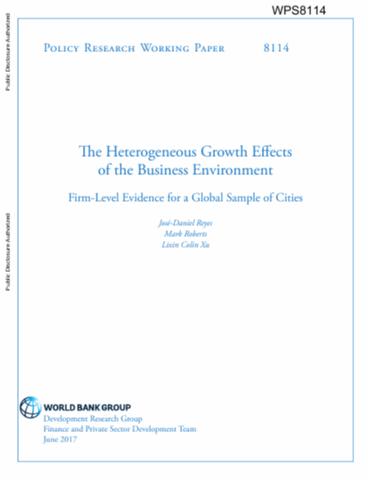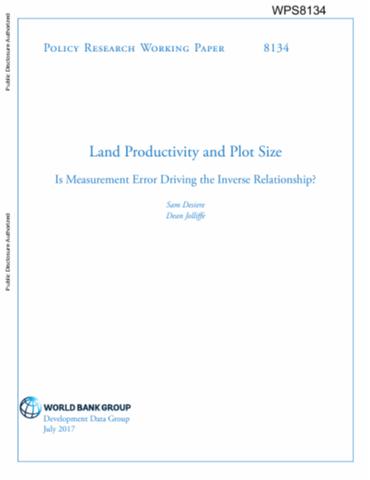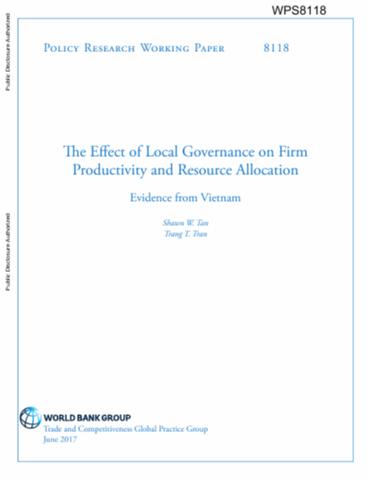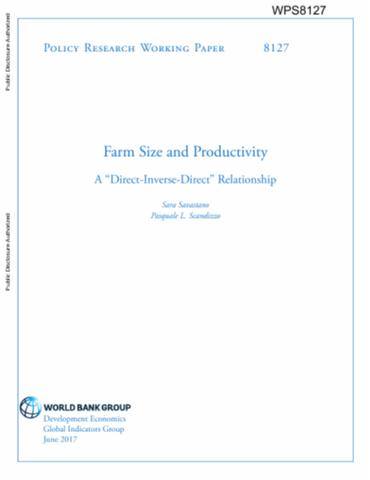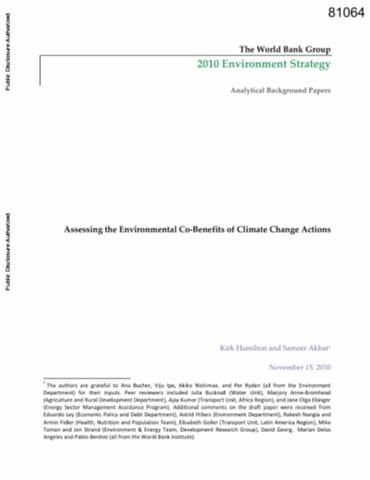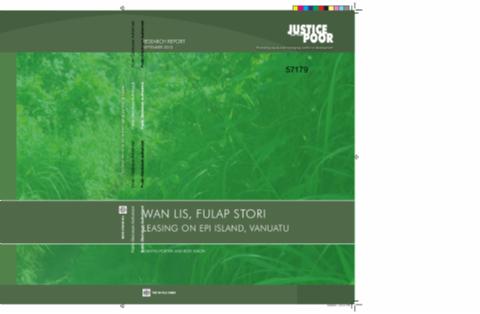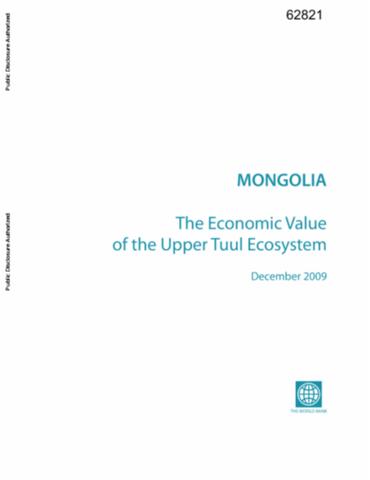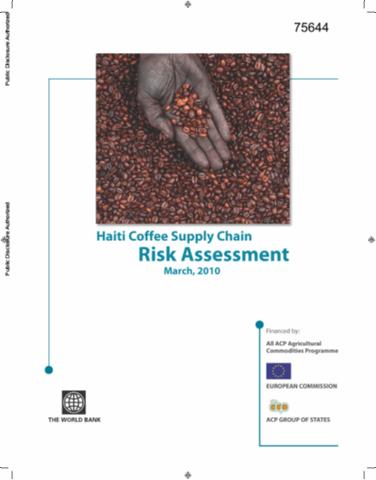
Topics and Regions
Details
Location
Contributions
Displaying 131 - 140 of 630Mongolia
The report looks critically at the water resources and the current and projected future water demands in the Southern Gobi Region (SGR) using the widely dispersed data and information that are currently available. An important conclusion of the report is that almost all the significant sources of groundwater in the SGR are 'fossil' or 'non-renewable', meaning that they are finite resources which cannot be replenished. Not only will that, but pumping water out of these fosil aquifers tend to cause a drop in the groundwater levels above them.
The Heterogeneous Growth Effects of the Business Environment
Using firm-level data covering 709 cities in 128 countries, this paper examines the role of a comprehensive list of business environment variables at the subnational level in explaining firm employment and productivity growth. The analysis finds basic protection, access to finance and infrastructure, and the existence of a strong agglomeration environment to be critically important. By contrast, human capital and a list of refined business environment variables related to labor regulations, tax, and land access are found to be relatively unimportant.
Land Productivity and Plot Size
This paper revisits the decades-old puzzle of the inverse plot-size productivity relationship, which states that land productivity decreases as plot size increases. Existing empirical studies on the inverse plot-size productivity relationship define land productivity or yields as self-reported production divided by plot size. This paper considers an alternative approach to estimating yields based on crop cuts.
The Effect of Local Governance on Firm Productivity and Resource Allocation
Governance quality plays a key role in private sector development: competent bureaucrats not only create good policies and regulations, but also effectively implement them to shape the business environment. This paper exploit Vietnam’s decentralization of administrative tasks since the early 2000s to test this hypothesis. The paper examines how changes in the provincial administration of national business regulations affect firms through two channels: within-firm productivity levels and resource allocation across firms.
The Cotton Sector of Côte d'Ivoire
This report is the final product of a country case study prepared in the framework of the comparative analysis of organization and performance of cotton sectors in Sub-Saharan Africa, a study published by the World Bank in 2008.
Farm Size and Productivity
This paper proposes a new interpretation of the farm size-productivity relationship. Using two rounds of the Ethiopian Rural Household Survey, and drawing on earlier work on five countries in Sub-Saharan Africa, the paper shows that the relationship between farm size and productivity is neither monotonic nor univocal. Most previous studies that tested the inverse farm size-productivity relationship used ordinary least squares estimation, therefore reporting parameter estimates at the conditional mean of productivity.
Assessing the Environmental Co-Benefits of Climate Change Actions
This internal background paper has been prepared to help inform the 2010 environment strategy with respect to a proposed way forward on use of country systems. The World Bank Group environment strategy is built on three pillars: leveraging natural resources for growth and poverty reduction; managing the environmental risks to growth and development; and transforming growth paths. As part of its exploration of these three pillars, the strategy considers the question of environmental co-benefits of climate change actions.
Wan Lis, Fulap Stori
This study of 23 leases over land on the island of Epi is the first of the Jastis Blong Evriwan (JBE) research activities to examine land and natural resource management (L&NRM) and access to justice on particular Vanuatu islands. The research will be repeated on the island of Tanna. To inform the broader context of land leasing in Vanuatu, JBE, in collaboration with the government of Vanuatu, has begun collecting and analyzing government land-leasing data.
Mongolia
The economic value of the Upper Tuul ecosystem in Mongolia reports on a study carried out under the auspices of the World Bank and the Government of Mongolia. The goal of the study was to improve understanding about the economic value of the Upper Tuul ecosystem for Ulaanbaatar's water supplies and how this might be affected by different land and resource management options in the future.
Haiti Coffee Supply Chain Risk Assessment
Coffee is an ecologically and economically significant crop for Haiti. It is not only the main source of income for more than 100,000 farmers, but the coffee ecosystem also sustains a large part of the remaining tree cover (currently at less than 1.5 percent of land) of the country. This report does not aim to detail the structural constraints impacting upon the Haitian coffee sub-sector.


